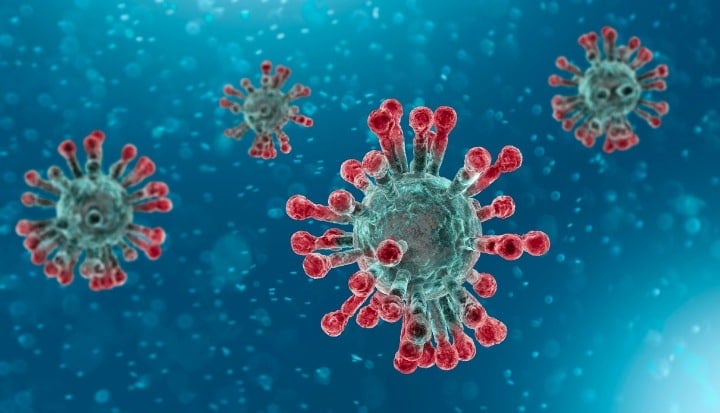On 11th March 2020, the Director-General of the World Health Organisation (WHO) declared novel coronavirus (COVID-19) a pandemic. At time of writing, there are more than 118,000 cases in 114 countries, and 4,291 people have lost their lives. It is likely that many more countries will be affected, with particularly devastating impacts for countries with weak health systems, and for low-income populations across all countries. There is a mixed picture in terms of country and company readiness and multiple sources of information, some of which are not credible and adding to public confusion.
We are launching an urgent process across businesses to accelerate local action and support real-time best-practice learning across markets. The work will be anchored around the National Business Compact on COVID-19, a national business coalition campaign in Kenya to accelerate local action, including a WHO-validated, national handwashing campaign and other preventative solutions. The work will be quickly rolled out to other countries.
In parallel, Business Fights Poverty and Business Partnerships for Sustainable Development are convening a process to rapidly co-create and share insights and best-practice, replicable solutions across markets. If your organisation would like to engage or support this, please email us. The first opportunity to engage is via an online discussion on Thursday 19 March, 10 – 11am ET / 3 – 4pm GMT. Join the discussion here: https://snipbfp.org/coronavirus_live
In thinking through what the priorities should be for business, there are three that stand out:
We will deep dive into three areas for business action:
1 Responsible Marketing
Businesses must consider how their brands should and should not communicate to support efforts to tackle the spread and impacts of COVID-19. This has two important aspects. The first is harnessing the power of brands to communicate the importance of handwashing (watch Myriam’s TED talk on this topic here). Working in co-ordinated way and supported by influencers, businesses can play a key role in reaching every household with information on COVID-19. The second is to ensure marketing and advertising is done responsibly – to avoid panic and profiteering. Announcing Kenya’s first case today, Health Cabinet Secretary Mutahi Kagwe, called on business to act responsibly.
Credit: Daily Nation, nation.co.ke/news/Kenya-confirms-first-coronavirus-case/1056-5489268-28tqll/index.html
2 Accelerating Collaborative Action at the Country Level
This is a time for urgent action. Given the complexity and scale of the issue, it is also time for collaboration. Companies must step up and collaborate effectively with each other and with NGOs, academics, and policymakers, both globally and locally, and including through established business networks. We need to explore mobile technology solutions for health education to community health workers and frontline health service providers. We need broad coalitions that harness community networks including schools, community organisations and religious organisations to amplify messaging around COVID-19 prevention and control.
3 Building Resilience and Good Practice Solutions for Business
Businesses must act to build resilience across their value chains and in the communities in which they operate – including, for example, ensuring supplies, safeguarding employees and customers, supporting micro and small scale suppliers and distributors, maintaining social impact programmes, supporting digital access to knowledge and learning, and advocating collectively for the right policies. It is important distil and rapidly share best-practice knowledge on crisis response to ensure economic security for all individuals.
If you would like to invite you all to be part of this collective effort. The anticipated impacts of the work will be to:
(a) accelerate a WHO-validated, national handwashing campaign and other preventative solutions, starting in Kenya with immediate roll out over other countries, through the work of the National Business Compact and local partners, with in-kind/financial support from a range of multiple companies and funders. Let us know if you would like to support or join the Kenya coalition, or one in another country.
(b) Globally, through the work of Business Fights Poverty, BPSD and other partners, rapidly co-create and share insights, best-practice and replicable solutions across countries; and (c) In Kenya and across markets, build and deepen a wider network of critical relationships as a foundation for future collaborative action and shared humanity. Let us know if if you would like to participate in and/or support the global knowledge sharing process.
We look forward to collaborating with you on this important work. Find out more and learn about you can get involved here: https://snipbfp.org/coronavirus










